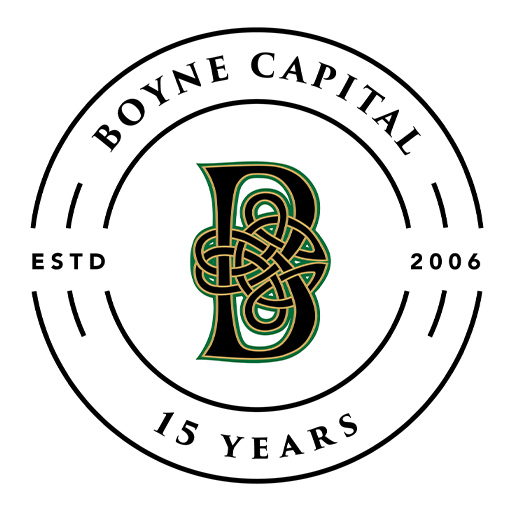Family businesses are the heartbeat of the US economy. Their contribution to the nation’s GDP, job creation and employment are unmatched. Indeed, 35% of the Fortune 500 companies are family businesses, but those companies have beat the odds.
According to the Family Firms Institute, 70% of family business will not survive to the second generation and 90% will not make it to the third. Many of those family businesses have proven successful and are sold, merged with another company, or undertake an IPO. Some, however, just fail. The reasons family businesses are sold vary from lack of interest by subsequent generations in carrying on the business to lack of capital to a desire to cash out. Reasons for selling the business can be financial, operational, familial or ownership related.
Here’s another number that shouts out at us: up to 70% of the nearly 12 million Baby Boomer family business owners are expected to retire within this decade. Will those businesses remain in the family? Or is a sale in the offing?
With SO many family businesses potentially in play, it’s looking like a buyers’ market for the foreseeable future. Therefore, owners looking to sell a family business at maximum valuation for the company have their work cut out for them. One essential step these owners can take to elevate their business in the eye of the buyer is to establish a governance program for their company.
Governance: Meeting the Needs of the Family, the Business and the Shareholders
Too often founders decide it’s time to sell without having done the proper preparation to assure they receive maximum value for the family business and have a clean, clear path to a successful closing. The time to put the business in order is well before the For Sale sign goes up. The first step? Create a governance program that meshes family vision and goals with business direction and strategy, and that assures the business is run according to sound management principles.
Various surveys by PwC, Deloitte and other leading business consultancies indicate that many family businesses do not have a formal governance program. An estimated 25% do not have even a Board of Directors. And the smaller the business, the less likely it is to have a sound governance program.
Harvard Business School identified three elements particular to a family business, elements that overlap and dictate how the business is run. They are what make family businesses unique from other enterprises. Those elements are: Family, Business and Ownership (which may include non-family stakeholders). Governance provides a framework that address all three of these factors, while guiding business performance and assuring continuity. A proper governance program:
- Provides a forum and a means to address and adjudicate family conflicts related to the business
- Sets in place a Board of Directors who develop a strategy for the business, commensurate with the vision and goals of the family, including committees with oversight for key functions such as:
- Sets in place a Board of Directors who develop a strategy for the business, commensurate with the vision and goals of the family, including committees with oversight for key functions such as:
-
- Compensation
- Risk
- Human Resources
- Legal
- Audit/Finance
- Strategic Planning
- Establishes ownership and participation rules for all family members and employees, instilling fairness and equitability
- Oversees business management performance and the allocation of resources
- Provides fiduciary oversight on behalf of ownership
- Guides general operations: annual business plans, budgets and forecasting, marketing and sales, production and service delivery
- Creates and directs corporate strategy – planning for tomorrow
- Defines company-owned assets and how they are used (no intermingling of family and company finances or resources)
- Develops and executes employment and shareholder agreements (employment qualifications, rules of stock acquisition/transfer/sale)
- Engages outside advisors and experts, professionals who can aid planning, analysis and stewardship
- Serves as the ultimate arbiter in any family / business conflicts and disputes
- Creates and oversees the implementation of ownership and business management succession plans
A prospective buyer will recognize and appreciate that current ownership has put in place a system of governance that engages in sound business practices, while addressing the unique needs of the controlling family. A prospective buyer will want to know that funds are spent wisely, and that systems, policies and procedures exist to ensure the smooth running of the business. And they’ll want to be assured that there are no shareholder issues to cloud the sale.
Too often, the Boyne Capital team has seen shareholder rights and ownership issues stall or scuttle the otherwise likely sale of a family business. Proper governance helps avoid this, demonstrating how the family business follows sound business principles.
Family owned or otherwise, good governance makes good businesses
At various stages in the process of selling a business, buyers will request copies of all documents, records and files related to the business, including key contracts, employment agreements, shareholdings summaries and more. Following good governance rules will prepare a family-owned enterprise for these requirements and provide proof that the business has been structured and managed in a manner consistent with best business practices. Doing so will result in a sales process that proceeds smoothly to a more favorable conclusion for all involved.
Companies take care to package their products and services to achieve maximum selling price; family business owners should do the same with their businesses when it comes time to sell.





